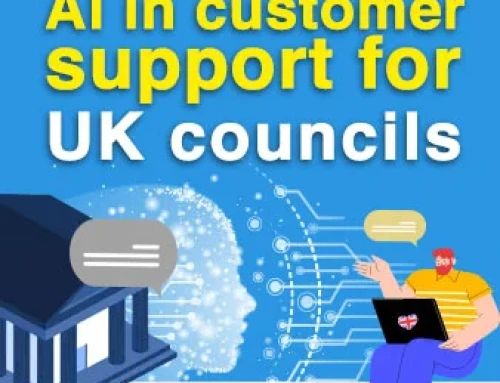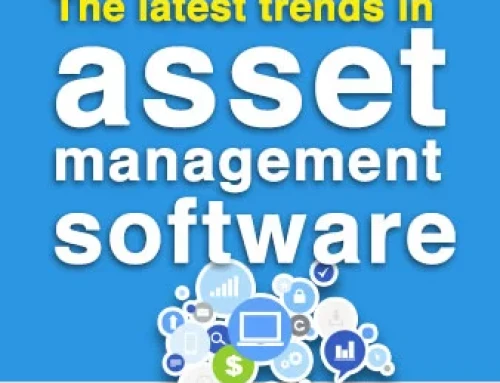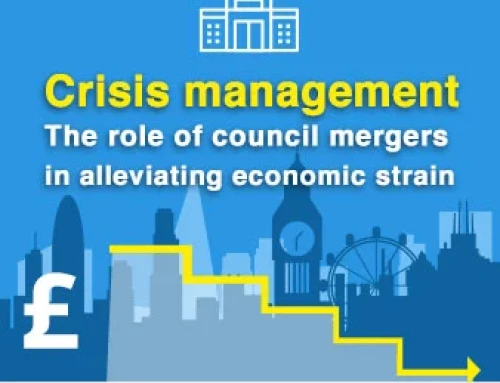Does your Ticket Management Software help or hinder your operations?
Choose Smartly, Optimise Effectively, And Invest Beneficially!
Every organisation encounters issues, whether they are internal or external. The management addresses some of the administrative as well as high-level issues. On the other hand, the IT department handles the majority of them having a direct impact on the operations.
Customers and/or employees raise their concerns in the form of tickets. The support executives handle these tickets. The task of ticket management resides with the IT department. Further, they are responsible for the complete process, right from the ticket generation to the closure. It may look like a simple process. But, there are many complexities in managing tickets, task allocation, updates and finally closing the ticket.
Ticket management software aids in the management of the service requests or tickets. One of the best parts about the modern ticket management platform is the ability to customise the software to solve generic queries or to handle the most complex queries with ease and simplicity. The scope of customisation is in your hands.
The company is responsible for determining whether the system is functioning at its full potential or not. Also, it is important to analyse whether it is benefiting your organisation or hindering the growth. In addition to that, it must contribute in achieving the business goals of profitability and productivity.
In today’s guest post, let us discuss the impact of ticket management software on the business operations.
How does the solution help an organisation?
According to Accenture Global Consumer Pulse Survey, 91% participants feel frustrated. This is because they have to contact a company again and again for the same reason. To address this glitch, you must invest in Help Desk Software that can handle ticket requests with utmost efficiency. This move will help your organisation in the following ways:
1. Resolving Issues
The main task of the ticket management system is to address complaints, problems, requests, and other issues. The procedure begins with the raising of tickets by the customers or end-users. The representatives on the other side receive and analyse the tickets. Then, they take a suitable course of action. They submit a valid response (either once or multiple times), ask for a feedback, and finally, close the ticket.
There are standard operating procedures (SOPs) for diagnosing some of the issues. The software has a provision of sending automated replies to tickets asking generic queries. These replies contain SOP, aimed at solving issues. This saves time, solves a query, and ensures customer satisfaction.
2. Connecting all the Departments
Ticket management is the responsibility of the IT department. However, they are not completely liable for resolving the ticket. Many times, they are not able to get an acceptable solution. In that case, they can use ticket management software to forward it to the concerned authority, maybe in another department. The software keeps everyone in the loop and ensures seamless end-to-end communication.
As required, employees from one or more departments can collaborate together to resolve the issues in a speedy manner. Besides that, the modern security features like role-based access control allow only the right people to access the data.
3. Handling Internal as well as External Requests
Ticket management is not only about addressing customers’ requests. The employees of the organisation can also raise a ticket and submit it to the IT department. The executive may solve it himself or forward it to the concerned authority. The business needs perfect employee management. Using ticket management software is one of the ways that ensure the redressal of your staff’s grievances.
An all-inclusive platform can be the one-stop solution to streamline internal and external ticket management processes. Identifying common issues becomes easier. It is also possible to integrate different applications.
4. Maintaining Records & Generating Analytic Reports
Performance evaluation forms the core of the ticket management software. As the IT department resolves issues, the software compiles and organises them into categories, and maintains records. The analysis of these records depicts various aspects. These include organisational issues, the performance of the help desk executives, service barriers and so on. The analysis allows taking the necessary steps to reorganise the organisation’s functioning.
Also, the software generates in-depth reports that showcase data in a well-organised format. It aids in decision-making. This gives an insight into aspects like human resource management, customer experience, and others, thereby assisting organizations at the time of decision-making.
Does it hinder organisational efficiency?
Enabling a ticket management system can go wrong in the following ways:
1. Complicated Processes
Sometimes, a problem persists or your support team is not able to deliver as per expectations. Here arises a need to revamp ticket management software’s functioning. Either the software doesn’t facilitate seamless communication or it makes collaboration difficult. It may be a configuration problem, disorganised user interface, or any other technical glitch.
2. Generalised Solution
If it isn’t optimised according to the nature of work at your organisation, you need to revamp it. Otherwise, it will not function at its full capacity. For example, if you are into financial services, encrypting a client’s financial information is an obligation. Similarly, for supply chain management, having an omnichannel ticket window for vendors and customers is a must. Stepping into wrong shoes can be a nightmare!
What’s your opinion?
Software and tools are meant to simplify an organisation’s operations and at the same time, increase overall efficiency. It should not have a negative impact. Customer and employee experience is essential for every business. To sum up, investing in the most suitable ticket management software must be a wise decision. Not only that, but optimising it as per your needs is also important. What’s your experience with the ticket management system installed in your organisation? Share your views with us.
If you’re looking for a tailored solution, then request a free consultation with our experts.
Author Bio
Sawailal Jangid is a Software Analyst at SoftwareSuggest. He is very enthusiastic and optimistic towards his work. He loves to dig deep into various systems such as Performance Management System, HR, and construction management software.





